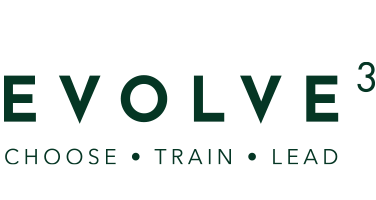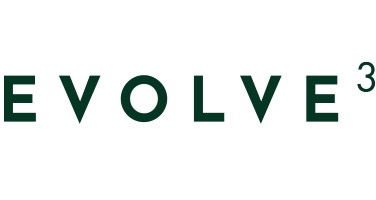
01 Nov Uber staff?
Digital platforms such as Uber, Menulog and Airbnb have revolutionised the way businesses and individuals access services and resources. While these platforms are commonly associated with transportation, food delivery and accommodation, this model has the potential to significantly improve temporary staffing procurement in the hospitality industry.
One of the primary advantages of these platforms is the ease of access to a wide network of individuals willing to provide services. Applying this concept to temporary staffing, hospitality businesses can gain rapid access to a pool of qualified, on-demand staff. Whether it’s a sudden surge in customers, a special event, or seasonal fluctuations, these platforms allow businesses to efficiently fill staffing gaps with skilled professionals at a moment’s notice. Assuming (of course) that the platform has enough of said staff on their books.
For temporary staff in the hospitality sector, these platforms offer flexibility and autonomy in managing their work. Workers can choose when and where they want to provide their services, aligning their work schedules with their personal lives. This flexibility can be particularly attractive to students, part-time workers, and individuals seeking supplementary income, creating a win-win scenario for both businesses and workers.
Another noteworthy feature is the rating and review system used by these platforms. Similarly, temp staffing platforms can incorporate such systems, allowing businesses to assess the performance of temporary staff and vice versa. This transparency ensures accountability, maintains quality, and can encourage high levels of professionalism from both employers & employees.
Cost-effectiveness is another benefit. By eliminating the need for extensive overheads typically associated with traditional temp staffing agencies, businesses may be able to reduce staffing costs, which is especially important in a highly competitive and margin-sensitive industry like hospitality. Meanwhile, temporary staff may be able to earn more than they would through traditional staffing agencies, as they have a direct relationship with businesses, removing intermediaries.
However, it is essential to address potential challenges, such as compliance with occupational health and safety standards, insurance requirements, relevant employment & labour laws, and ensuring fair compensation. Businesses and platforms must navigate these issues carefully to ensure the well-being of temporary staff.
As platforms like Uber and Airbnb have reshaped various service industries by leveraging technology and connectivity. Applying this model to temporary staffing in the hospitality industry, businesses can enjoy greater flexibility, cost-efficiency, and access to a potentially wider network of talent. Temporary staff, in turn, can benefit from more flexible work arrangements, potentially higher earnings, and increased professional opportunities. These platforms have the potential to redefine the way businesses and workers approach temp staffing, creating a more dynamic and adaptable workforce in our industry.
I’ve heard both positive and negative feedback from both employers and temp staff who have taken the leap and utilised some of these platforms over the last few years. Whether you’re an employer or employee, do your due diligence, assess the risks, and decide whether it’s right for you.



